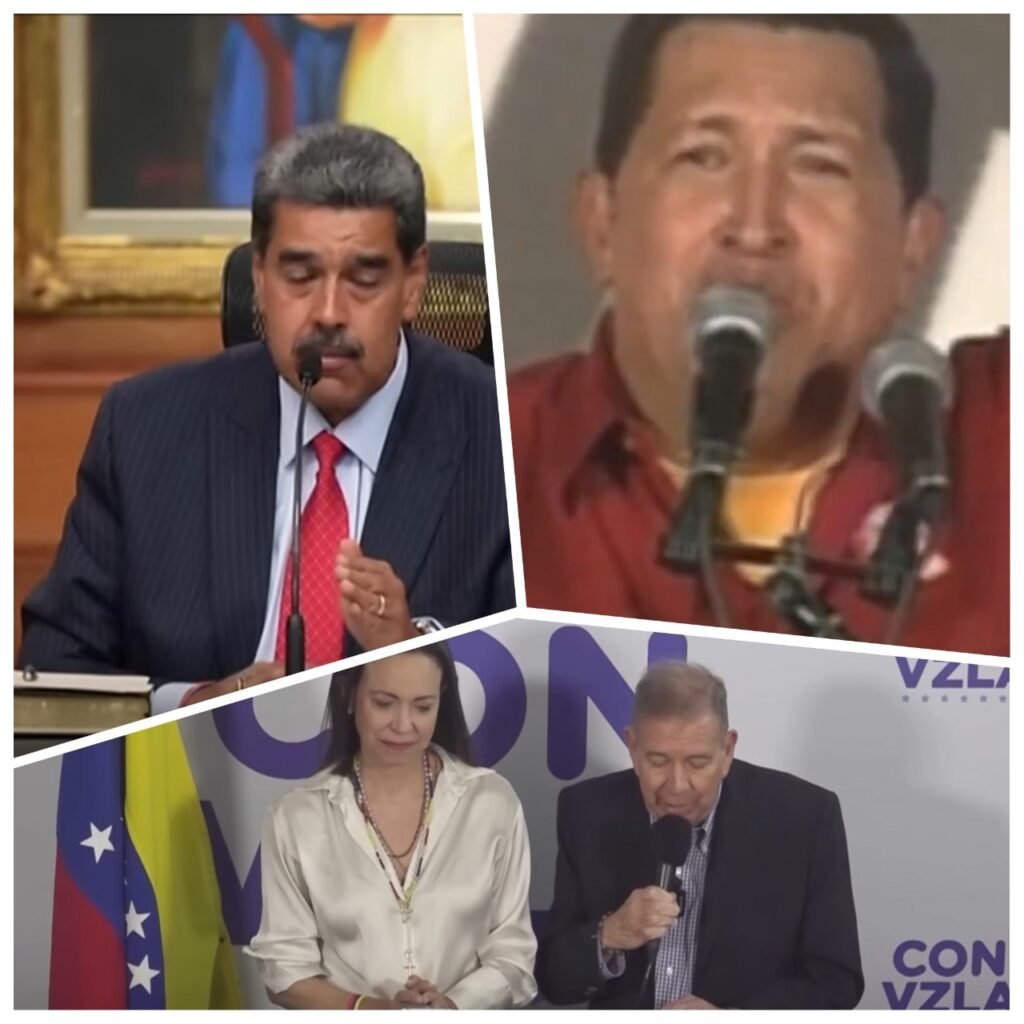Following the July 28, 2024, presidential election, Venezuela unrest across the country has been a matter of concern for its people. President Nicolás Maduro was declared the winner with 51.21% of the votes, while his main opponent, Edmundo González Urrutia, received 44.2%. However, the election results have been widely disputed, leading to protests across the country and internationally. The opposition, led by figures like María Corina Machado, has accused the Maduro government of rigging the election. They argue that the electoral process lacked basic transparency and integrity, as highlighted by a UN panel of experts. The opposition has refused to recognize the official results, asserting that González Urrutia is the rightful winner.
The electoral authority’s delayed announcement of results raised suspicions, with a six-hour delay prompting international concern. Reports indicate that the government has cracked down on dissent, with over 2,400 arrests since the election results were announced.
Protests and Government Response
In response to the election results, mass protests erupted in various cities, including Caracas, where demonstrators have faced violent repression from security forces. Human rights organizations report that at least 11 people have been killed and hundreds have been arrested during these protests. The Venezuelan government has characterized the unrest as a conspiracy by far-right elements, attempting to undermine its authority.
International Reaction
The international community has expressed concern over the electoral process and the subsequent violence. Josep Borrell, the EU’s foreign policy chief, emphasized the need for full transparency in the electoral process. Protests have also occurred globally, with Venezuelans in cities like Tokyo and Mexico City rallying to support the opposition’s claims.
Present Situation of Venezuela unrest
The situation in Venezuela remains tense as the opposition continues to challenge the legitimacy of Maduro’s presidency. The combination of alleged electoral fraud, widespread protests, and a heavy-handed government response has created a volatile environment, raising questions about the future of democracy in the country.
About Nicolás Maduro
Nicolás Maduro began his political career in 1998 when he was elected to Venezuela’s National Assembly. He quickly rose through the ranks, becoming a close ally of Hugo Chávez, who appointed him as foreign minister in 2006. Following Chávez’s death in 2013, Maduro assumed the presidency after winning a special election. His tenure has been marked by economic turmoil, widespread shortages, and accusations of authoritarianism. Despite facing significant opposition and international criticism, Maduro has maintained power through controversial elections and a strong grip on state institutions, positioning himself as a key figure in the continuation of Chávez’s socialist policies.
Major Challenges Faced by Nicolás Maduro
Nicolás Maduro’s presidency has been marked by several significant challenges that have severely impacted Venezuela.
One of the most pressing issues has been the severe economic crisis, characterized by hyperinflation, widespread shortages of food and medicine, and a collapsing oil industry, which is crucial for the country’s economy. The fall in global oil prices exacerbated these problems, leading to a dramatic decline in national revenue and living standards.
Secondly, Maduro has faced intense political unrest and opposition, particularly following disputed elections. Protests erupted against his government, with citizens demanding democratic reforms and an end to authoritarian practices. The opposition has accused him of undermining democracy and violating human rights.
Other than this, Maduro’s government has also experienced international isolation, with many countries, including the United States, imposing sanctions in response to human rights abuses and electoral fraud. This isolation has further strained Venezuela’s economy and diplomatic relations.
These challenges have created a precarious situation for Maduro, as he struggles to maintain control amid growing dissent and economic hardship.

Venezuela’s relations with the United States
Venezuela’s relations with the United States have been tumultuous, particularly under Nicolás Maduro’s presidency. Historically, Venezuela maintained close ties with the U.S., but this changed dramatically after Hugo Chávez’s rise to power. Hugo Chavez was very critical of United States and close ally of Comrade Fidel Castro of Cuba. Maduro’s government has faced intense scrutiny and criticism from the U.S. for alleged human rights abuses and electoral fraud. Since 2017, the U.S. has imposed numerous sanctions aimed at crippling the Venezuelan economy, which has led to critical situation in Venezuela. The relationship remains strained, with the U.S. supporting opposition movements supporting democracy while Maduro’s administration labels these actions as imperialist aggression, further complicating diplomatic efforts.
